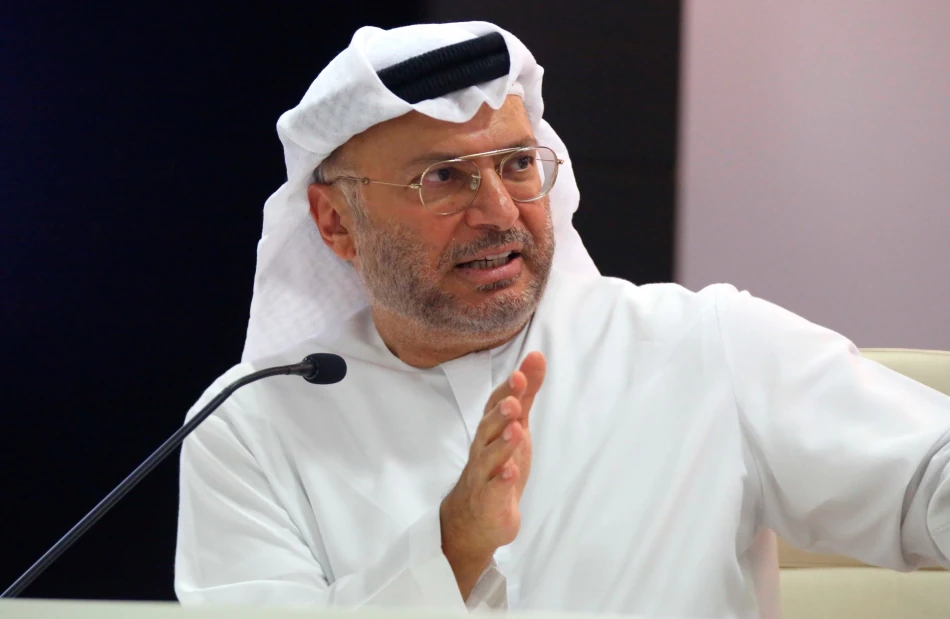
UAE Stands with Qatar, Condemns Israel's Treacherous Attack
UAE Condemns Israeli Attack on Qatar as Gulf States Rally Around Regional Security
The UAE has strongly condemned what it describes as a "treacherous Israeli attack" on Qatar, with a senior diplomatic advisor emphasizing that Gulf security remains indivisible. The statement signals growing regional unity amid escalating Middle East tensions and highlights the Gulf Cooperation Council's commitment to collective defense despite past diplomatic rifts.
High-Level Diplomatic Response
Dr. Anwar bin Mohammed Gargash, diplomatic advisor to the UAE President, issued the condemnation via social media platform X, declaring: "The security of the Arab Gulf states is indivisible, and we stand wholeheartedly with our sister state Qatar, condemning the treacherous Israeli attack that targeted it, and affirming our complete solidarity with it in confronting this aggression."
The statement concluded with prayers for Qatar's leadership and people, as well as for all Gulf Arab states, underscoring the religious and cultural bonds that unite the region.
Regional Unity Despite Historical Tensions
This swift show of support marks a significant moment in Gulf diplomacy, particularly given the UAE and Qatar's complex relationship history. The two nations, along with Saudi Arabia and Bahrain, imposed a diplomatic and economic blockade on Qatar from 2017 to 2021 over disputes regarding regional policies and alleged support for extremist groups.
The Al-Ula Declaration of January 2021 formally ended the blockade, but this latest statement represents one of the strongest public displays of UAE-Qatar solidarity since reconciliation began. It suggests that external threats are accelerating the healing process among Gulf neighbors.
Strategic Implications for Regional Security
The UAE's emphasis on "indivisible" Gulf security reflects a broader strategic reality facing the region. As tensions between Israel and various Middle East actors continue to escalate, Gulf states appear increasingly concerned about being drawn into wider conflicts despite their normalization efforts with Israel through the Abraham Accords.
This incident could complicate the UAE's balancing act between its growing ties with Israel and its commitment to Gulf solidarity. The UAE normalized relations with Israel in 2020, becoming the first Gulf state to do so since the Abraham Accords framework was established.
Broader Middle East Context
The condemnation comes amid heightened regional tensions following the October 7 Hamas attacks and Israel's subsequent military response in Gaza. Gulf states have found themselves navigating between their business relationships with Israel, their solidarity with Palestinian causes, and their commitment to regional stability.
Qatar's role as a mediator in Gaza ceasefire negotiations and its hosting of Hamas leadership has previously created friction with Israel. Any Israeli action against Qatar would represent a significant escalation that could undermine ongoing diplomatic efforts and force Gulf states to choose sides more definitively than they have preferred.
Most Viewed News

 Sara Khaled
Sara Khaled






